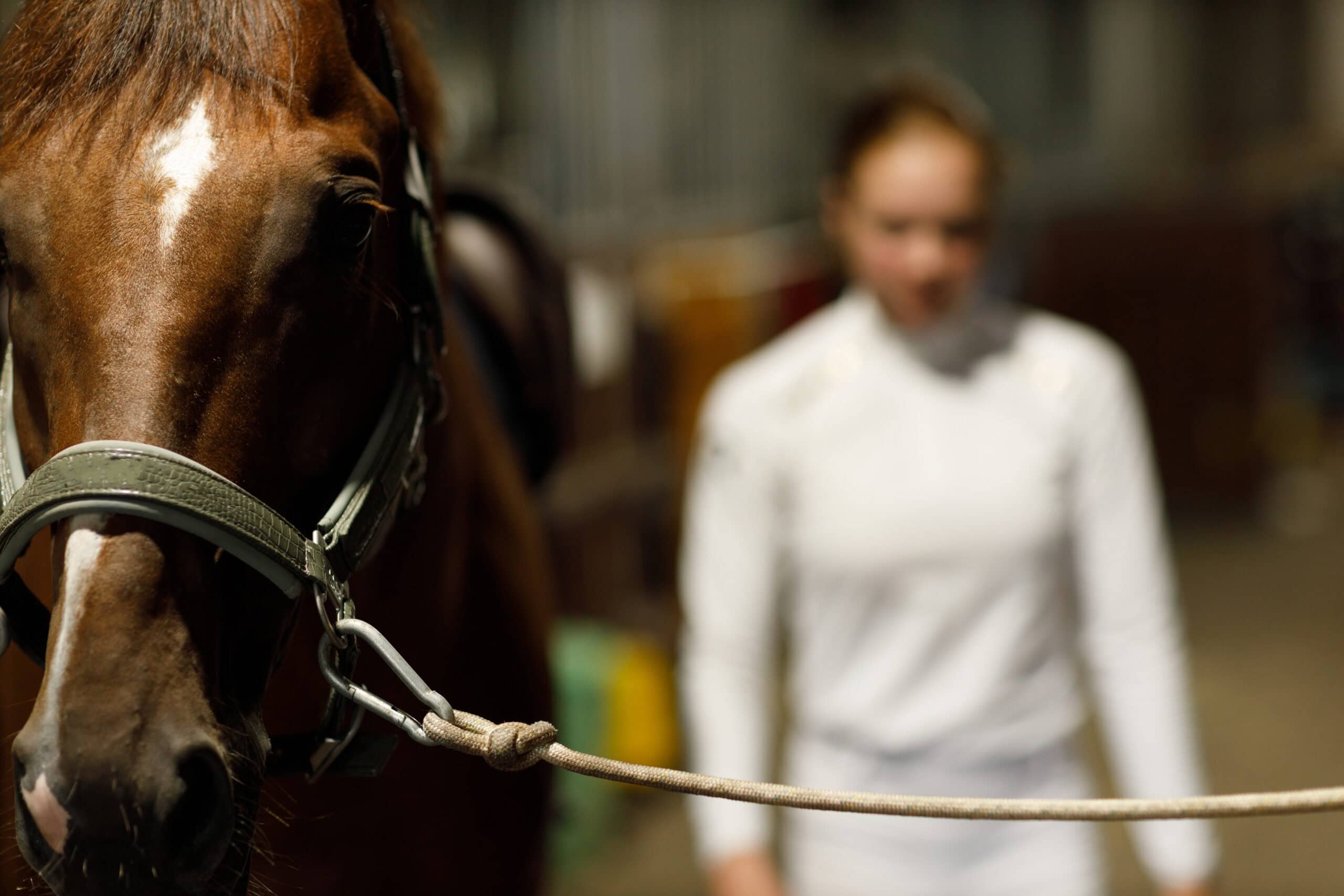Steps to Leasing Your Horse
So, you want to lease out your horse? We know it can be an overwhelming process with the potential for legal slips. Here's help.


By Rachel Kosmal McCart
Leasing out your horse to someone else offers a lot of benefits, such as the ability to retain ownership if you do not want to sell. But, leasing can also create legal pitfalls. Here are our tips to make your leasing experience a win for you and your horse.
Weigh the Risks and Benefits
Before leasing your horse, evaluate what your goals are for yourself and your horse. Consider carefully what you have to gain and lose from a lease arrangement. Plan how you want the lease arrangement to work, and consider carefully whether your plan is realistic and practical. As a planning tool, you might find it helpful to write down your goals and the key points of the lease arrangement.
Be Picky About Who Leases Your Horse
Your lease relationship can be a valuable partnership that benefits you and your horse, or it can be a nightmare. Just like selecting a roommate, you can control some of the risk by choosing your leasing partner carefully. Ask them lots of questions about their experience and what they want from the lease arrangement. Make sure they understand exactly what your expectations are for the leasing arrangement, and determine whether your expectations match up with the lessee’s goals and experience. If the lessee will be riding your horse, make sure you see them put your horse through his paces, noticing whether your horse seems happy with his new rider. If the lessee will be taking your horse off your property, you should schedule a time to inspect their barn BEFORE you agree to lease the horse. Don’t be afraid to ask for references that include veterinarians and farriers, and call them (don’t assume all references would be good, as you’d be surprised how many people don’t take the time to check their own references before they give them out!). You might even want to run a credit check to avoid leasing to someone who will not pay you. You might also wish to build a trial period into your lease agreement so it is easy for you to cancel on short notice if the lease doesn’t work out from the beginning. Don’t worry about offending any potential lessees, as experienced horse people should understand your need to take these precautions. If they give you a hard time at the interview stage, imagine what they would be like as lease partners! Trust your gut feeling about who would be best for you and your horse.
Put Your Lease Agreement in Writing
Unless you put the entire lease agreement in writing and have all parties sign it, you will have nothing to prove what your agreement is later when trouble arises. If you are leasing to or from a friend, having a good agreement in place will go a long way to help preserve your friendship by preventing misunderstandings. For example, what happens if the horse goes lame and can’t be ridden — does the lessee still have to pay the lease fee? Can the lessee take the horse off the property, and if she can, who is financially responsible if the horse injures himself in the trailer on the way home? Your lease agreement should be comprehensive, addressing ALL the elements of your agreement. ELS offers lease agreements at an affordable price.
Share this article

Written by: Rachel Kosmal McCart
Rachel Kosmal McCart is a lifelong horsewoman and the founder of Equine Legal Solutions, PC, an equine law firm based in the Portland, Oregon area. Rachel is a member of the New York, California, Oregon and Washington State bars and is admitted to practice before the U.S. District Court for the District of Oregon and the U.S. District Court for the Central District of California. Rachel currently competes in three-day eventing.








